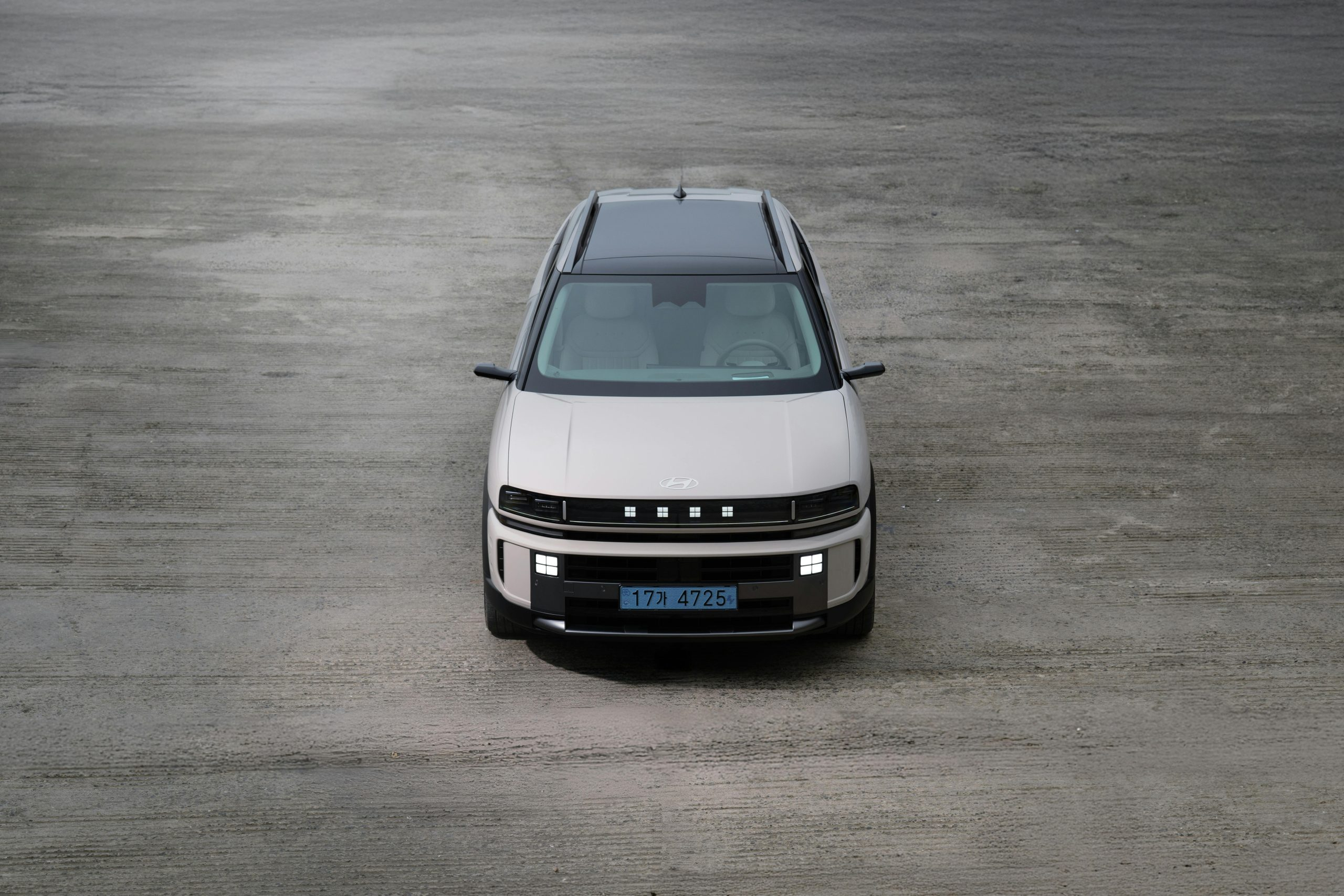The Future of Vehicle Ownership and Access Models
In recent years, the concept of vehicle ownership and access models has undergone a significant transformation. The traditional model of owning a vehicle and using it as a sole means of transportation is becoming less popular, as a growing number of consumers are turning to alternative methods of accessing and utilizing vehicles. This shift in preferences has been driven by a number of factors, including environmental concerns, technological advancements, and changing demographic trends. As we look towards the future, it is clear that the landscape of vehicle ownership and access will continue to evolve, bringing about new possibilities and challenges. In this article, we will explore the future of vehicle ownership and access models, and how it will impact the way we think about transportation.
Shared Vehicle Ownership
One of the most prominent trends in the future of vehicle ownership is the rise of shared ownership models. In this type of model, multiple individuals or organizations hold ownership of a single vehicle and share the costs and responsibilities associated with it. This concept is gaining popularity due to its cost-effectiveness and the potential for reducing the number of vehicles on the road.
Ride-Sharing Services
Ride-sharing services, such as Uber and Lyft, have gained immense popularity in recent years as a convenient and affordable alternative to traditional forms of transportation. These services allow individuals to request a ride from a nearby driver at any time, eliminating the need for personal car ownership, particularly in urban areas. With the increasing use of autonomous vehicles, ride-sharing services are expected to become even more prevalent and may eventually become the primary means of transportation for many individuals.
Car-Sharing Programs
In addition to ride-sharing, car-sharing programs are also gaining traction as an alternative to personal car ownership. These programs allow individuals to rent a vehicle for a short period of time, typically by the hour or day, for a fraction of the cost of owning a car. This option is particularly attractive for those who only need a vehicle occasionally, such as for a weekend getaway or a trip to the grocery store.
Subscription Services
Another emerging trend in the future of vehicle ownership is subscription-based services. These programs allow individuals to pay a monthly fee for access to a fleet of vehicles, eliminating the need for a long-term commitment. This model is particularly appealing for those who prefer to switch between different types of vehicles or who live in areas with limited parking.
Manufacturer Subscription Services
Several major car manufacturers, such as Volvo and Porsche, have already started offering subscription-based services to their customers. These programs allow individuals to have access to a range of vehicles from a particular brand or model, depending on their subscription level. With the rise of electric vehicles, this model may become increasingly popular as individuals switch to electric cars for their daily commutes and reserve traditional gas-powered vehicles for longer trips.
Third-Party Subscription Services
In addition to manufacturer-based subscription services, several third-party companies have also entered the market, offering access to a range of vehicles from different brands. These services often provide additional benefits, such as insurance and maintenance, making them an attractive option for those looking to avoid the hassles of car ownership.
The Impact of Technology
The future of vehicle ownership and access models is closely tied to the advancements in technology. The rise of electric and autonomous vehicles, in particular, is playing a significant role in shaping the way we think about transportation. These technologies have the potential to revolutionize the traditional car ownership model and introduce new opportunities for shared and subscription-based ownership.
Electric Vehicles
With an increasing focus on sustainability and reducing carbon emissions, electric vehicles are becoming an increasingly popular choice for consumers. The wide adoption of electric vehicles is expected to have a significant impact on the future of vehicle ownership, as it has the potential to reduce the number of cars on the road and decrease the need for individual car ownership.
Autonomous Vehicles
The development of autonomous vehicles is also set to transform the future of vehicle ownership. With the potential to eliminate human error and make transportation safer and more efficient, autonomous cars are expected to become a key element of shared and subscription-based ownership models. Additionally, some companies are exploring the possibility of using autonomous vehicles for ride-sharing and car-sharing services, further changing the landscape of transportation.
The Changing Demographics
Lastly, the changing demographics of the population are also playing a role in shaping the future of vehicle ownership and access models. The younger generations, in particular, are showing a preference for subscription-based services and are less interested in the traditional model of owning a car. With the rise of urbanization and a growing focus on sustainability, we can expect to see a continued shift in preferences towards alternative methods of vehicle access.
The Role of Governments
The future of vehicle ownership and access models will also be heavily influenced by the actions of governments. As they strive to reduce traffic congestion, carbon emissions, and promote sustainable transportation, governments are likely to introduce policies and incentives that encourage the adoption of shared and subscription-based ownership models.
In conclusion, the future of vehicle ownership and access models is rapidly evolving, driven by factors such as technology, environmental concerns, and changing demographics. While the traditional model of owning a car may still be prevalent, it is clear that shared and subscription-based models are gaining traction and will likely dominate the transportation landscape in the years to come.










